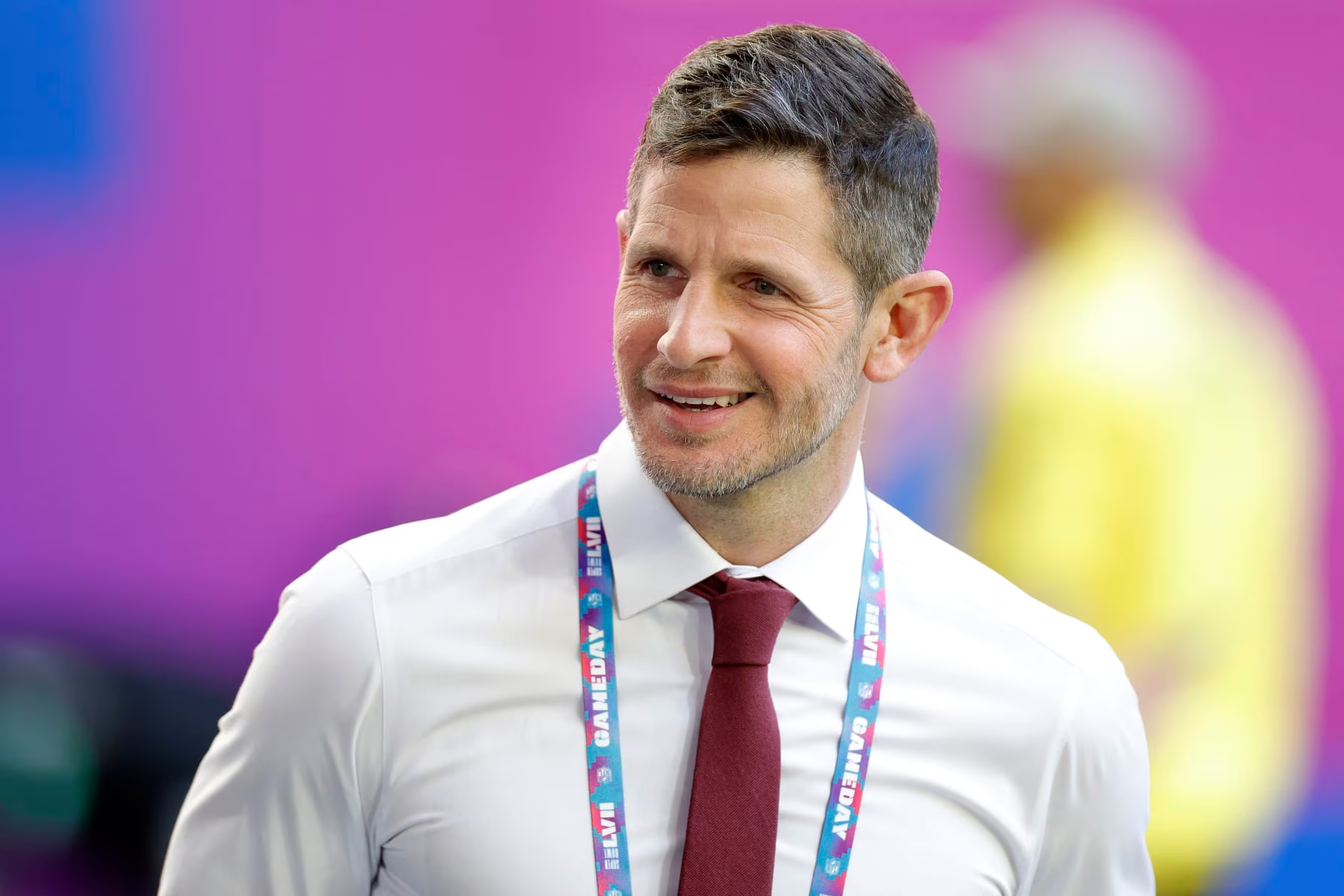It is no longer about sports. It is about clicks.
ESPN used to mean something. Real reporting. Real debate. Real context. Now it feels like a cable version of Twitter. Every show is hunting for the loudest take, the shortest clip, the biggest reaction. The goal is not to inform the fan. The goal is to provoke, clip, and monetize. That is not sports coverage. That is content theater built on outrage.
Today’s two most obvious examples
Dan Orlovsky compared Nick Sirianni and Jalen Hurts to Bill Belichick and Tom Brady on ESPN Get Up. That is not a comparison rooted in championships or legacy. It is posture and headline bait dressed up like insight.
Ryan Clark said Peyton Manning, Drew Brees, and Tom Brady are not generational quarterbacks. Let that sink in. Three of the most decorated, era defining QBs suddenly do not qualify as generational. If those three are not generational, then nobody should be. This is not critique. This is content bait.
These moments are not accidental. They are designed to get clipped, shared, and argued about on social. They are results, not mistakes.
What ESPN is doing, in plain terms
- Prioritizing virality over credibility. The louder the take, the more reach it gets. Nuance loses. Clicks win.
- Trading context for headlines. Historical framing and follow up vanish as soon as the clip exists.
- Manufacturing outrage. Statements are engineered to provoke and then left without accountability.
- Recycling hot takes. Same formula, different faces, same predictable reaction. It is content by checklist.
If you watch for a week you will see it. Wild comparisons in the morning. Rage clips in the afternoon. Minimal follow up in the days after. It is a content machine, not a newsroom.
Why this matters
Sports coverage used to be a public good. It explained strategy, chronicled legacies, and helped fans understand why the game mattered. That function is being hollowed out.
When outlets prioritize entertaining a feed rather than explaining a game, everyone loses. Fans lose knowledge. Players and coaches get misrepresented histories. The broader conversation about the sport becomes shallow. That is bad for fans and corrosive for the sport.
What fans should do about it
- Stop amplifying the bait. Do not share clips that exist solely to inflame.
- Demand substance. Share analysis that offers context, not just outrage.
- Subscribe to voices that do the work. Pay for reporting that explains scheme, personnel, and history.
- Call it out. Post a reasoned rebuttal instead of an emotional hot take. Silence and clicks are the fuel this model runs on.
If we stop rewarding the headline machine with engagement, the model changes. That is simple economics. Clicks reward behavior. Stop rewarding lazy shock.
What ESPN needs to change
Leadership needs to value trust over temporary heat. Producers and talent must care more about the quality of conclusions than the size of the headline. That means follow-up reporting. That means historical context. That means accountability when a hot take collapses under scrutiny. Until that happens, expect more manufactured moments.
Bottom line
ESPN is not irredeemable, but right now, they are choosing spectacle over substance. Fans who actually care about sports should not normalize that. We should expect better. We should demand it. We should support the outlets and creators who do the work and stop giving attention to the theater that pretends to be journalism.
If you want to read even more content from us at Hail Mary Media
Click HERE for more blogs and check out our website
Click HERE to sign up for my FREE newsletter that drops every Friday, we send exclusive articles only for subscribers, and exclusive picks in football


